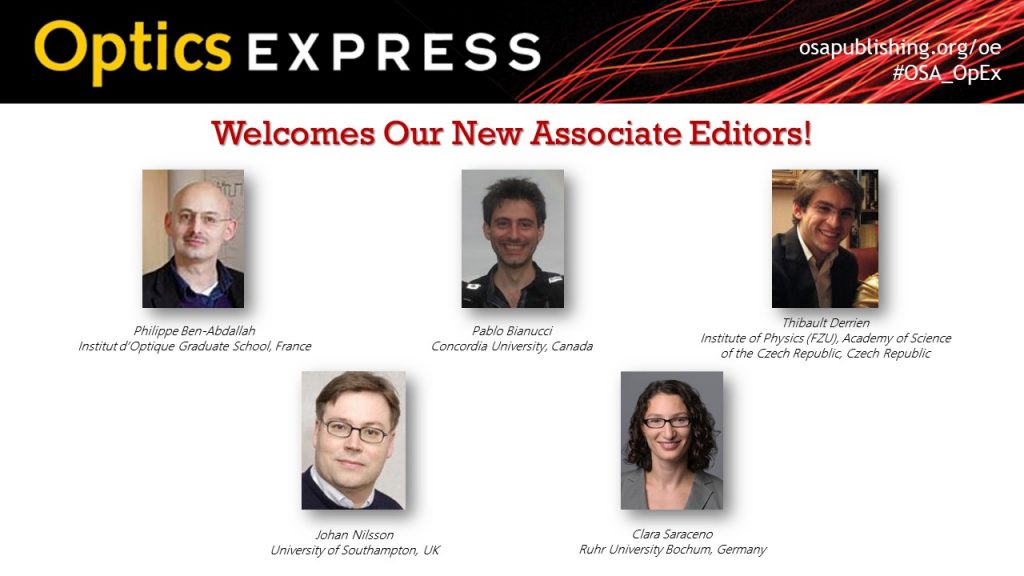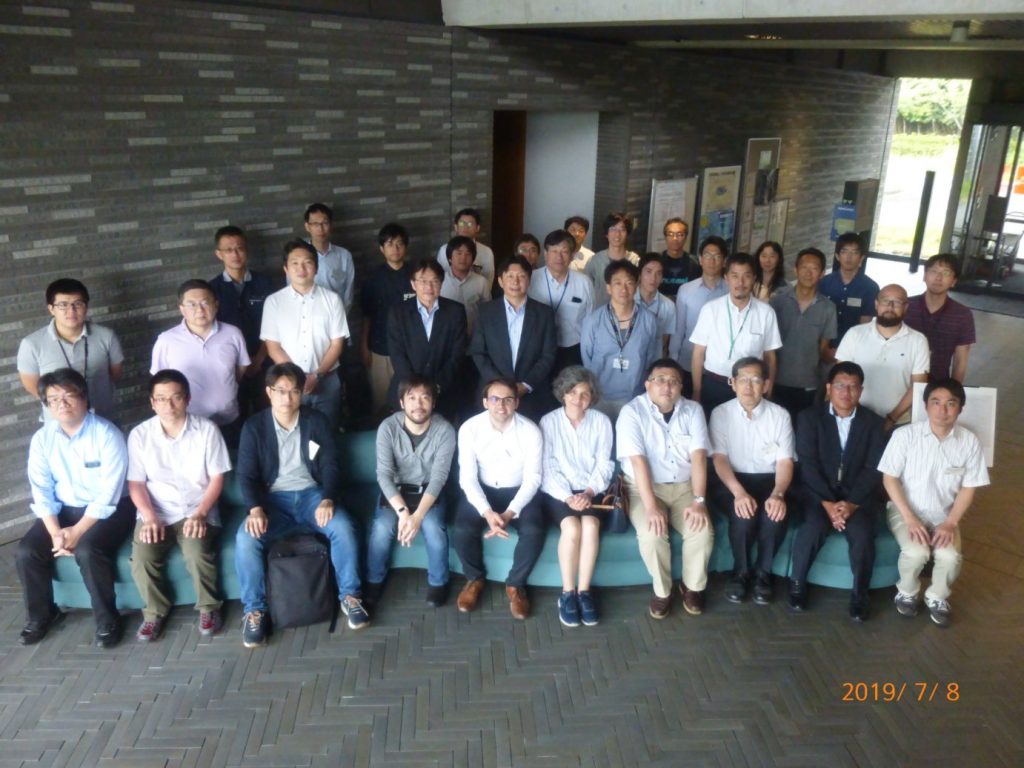On July 31st 2020, we have requested several millions of core-hours computational time at the IT4I.cz computational infrastructure:
- to support the group of prof. Bulgakova at the HiLASE Centre, with simulation based on the time-dependent density functional theory (TDDFT);
- to support the Horizon 2020 Marie Curie project RISE named “ATLANTIC“.
The computational project is meant to provide computational support and the development of the activities based on first-principles modeling at the HiLASE Centre and at the Institute of Physics.
Update: On September 2020, the first phase of the project has been provided with 2.3 millions core-hours. Due to very high demand, all projects have been subjected to computational time reduction.



